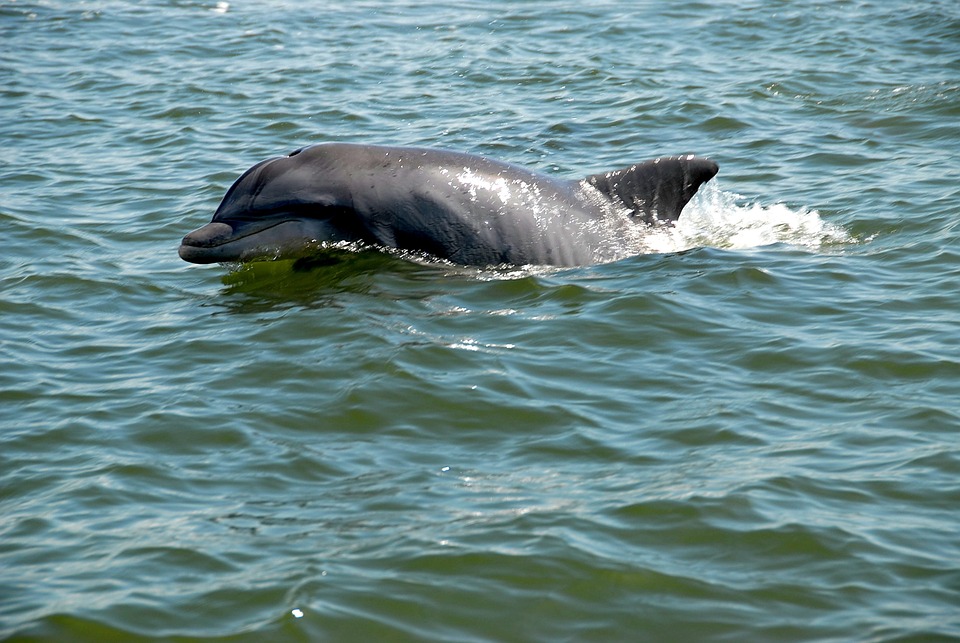Betta fish, also known as Siamese fighting fish, are popular pets known for their vibrant colors and unique personalities. However, creating the perfect environment for these beautiful creatures is crucial for their overall health and well-being. In this comprehensive guide, we will explore the key factors to consider when establishing and maintaining a suitable environment for betta fish.
The Importance of a Suitable Environment for Betta Fish:
Creating the perfect environment is essential for betta fish because it mimics their natural habitat and ensures their overall health and happiness. A suitable environment provides them with the necessary conditions to thrive, including proper water quality, temperature, and hiding spaces.
Selecting the Right Aquarium:
Choosing the right aquarium is the first step in creating an ideal environment for betta fish. Consider the appropriate tank size, as betta fish require a minimum of 5 gallons of water to swim and thrive. Additionally, decide between glass or acrylic tanks, considering factors like durability and clarity. Optimal tank shape and design, such as long and shallow tanks, provide betta fish with ample swimming space and easy access to the surface for breathing.
Water Quality and Parameters:
Maintaining proper water quality is crucial for betta fish health. Regularly test the water temperature, which should be kept between 76-82°F (24-28°C). Additionally, it is important to balance the water’s pH levels, aiming for a range of 6.5-7.5. Monitoring ammonia, nitrites, and nitrates is vital to keep the nitrogen cycle in check. Utilizing an appropriate filtration system ensures clean and oxygenated water for betta fish.
Decorations and Substrate:
Choosing the right substrate for your betta fish tank is important for maintaining a healthy environment. Opt for sand or smooth gravel to prevent injury to your betta’s delicate fins. Consider live plants or artificial decorations, weighing the pros and cons of each option. Both provide hiding spots and create a visually appealing environment for your betta fish.
Lighting and Photoperiod:
Light plays a significant role in the life of a betta fish. Determine whether natural or artificial light is the best option for your tank, considering factors like availability and consistency. Establishing a proper photoperiod, which includes a balance of light and darkness, helps regulate the betta’s biological processes and supports their overall well-being.
Feeding and Nutrition:
Providing a balanced diet is crucial for betta fish health. Understand their nutritional needs and offer a variety of foods, including pellets, flakes, and live or frozen options. Ensure proper portion control and establish a feeding schedule to prevent overfeeding and maintain a healthy weight for your betta fish.
Water Maintenance and Cleaning:
Regular water changes are the lifeline for a healthy betta fish. Aim for partial water changes of 25-50% every week to maintain optimal water conditions. Testing the water regularly helps ensure the water parameters are within the appropriate range. Additionally, establish a cleaning procedure to maintain a pristine environment for your betta fish, including cleaning the tank, decorations, and filter.
FAQs (Frequently Asked Questions):
To further assist betta fish owners, here are some frequently asked questions and their answers:
1. How often should I clean my betta fish tank?
It is recommended to clean your betta fish tank once a week by performing partial water changes and removing any debris.
2. Can I keep betta fish in a bowl without a filter?
While it is possible to keep betta fish in a bowl without a filter, it is not ideal. Filters help maintain water quality and oxygen levels, ensuring a healthier environment for your betta fish.
3. What is the ideal water temperature for betta fish?
The ideal water temperature for betta fish ranges between 76-82°F (24-28°C).
4. Can betta fish live with other fish?
Betta fish are known for their aggressive nature and are best kept alone. They may harm or be harmed by other fish in the same tank.
5. How often should I feed my betta fish?
Feed your betta fish small portions twice a day, adjusting the amount based on their appetite and weight.
6. What kind of plants are suitable for a betta fish tank?
Betta fish enjoy live plants such as Java fern, Anubias, and Amazon sword. These plants provide hiding spots and contribute to the overall health of your betta fish tank.
7. How can I prevent diseases in my betta fish?
Maintaining a clean tank, providing a balanced diet, and avoiding overfeeding are essential in preventing diseases. Additionally, quarantine new fish before introducing them to your betta fish tank.
8. Can I use tap water for my betta fish tank?
Tap water can be used for your betta fish tank, but it should be treated with a water conditioner to remove harmful chemicals like chlorine and chloramines.
9. How long do betta fish live?
With proper care and a suitable environment, betta fish can live for an average of 3 to 5 years, but some have been known to live up to 10 years.
10. Can betta fish survive in low-light conditions?
While betta fish can survive in low-light conditions, they thrive in well-lit tanks. Providing appropriate lighting helps maintain their natural behaviors and overall health.
Conclusion:
Creating the perfect environment for betta fish is crucial for their overall health and well-being. From selecting the right aquarium and maintaining water quality to providing appropriate decorations, lighting, and nutrition, every aspect plays a significant role. By following this comprehensive guide, you can ensure long and healthy lives for your beloved betta fish.









